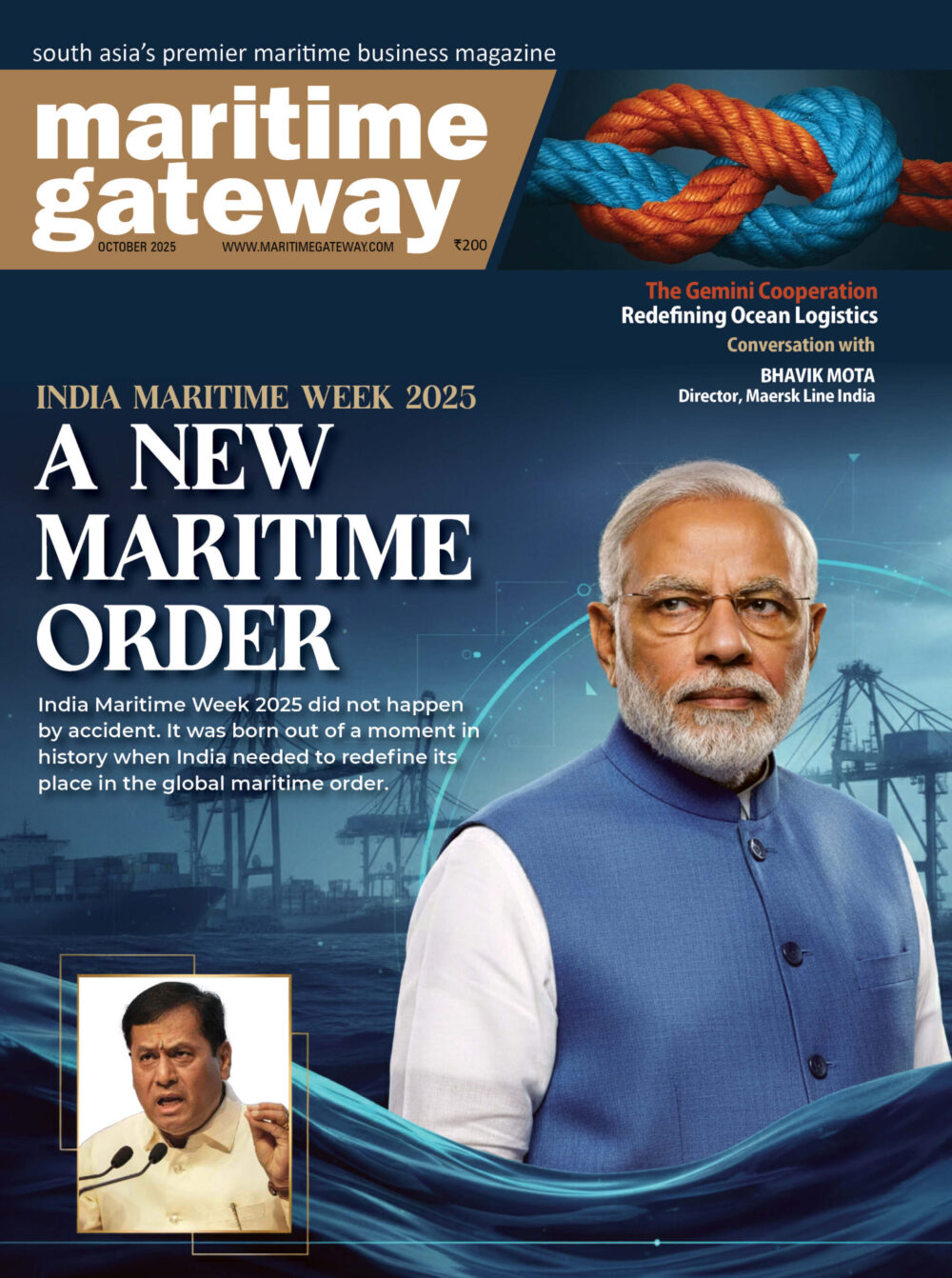Source: Express Tribune
Speaking to The Express Tribune, they highlighted that rising production costs and high taxes on imported salt materials have hindered competitiveness in the international market, causing distress among salt manufacturers.
Additionally, they noted that higher freight transportation costs have been significantly impacting the local salt industry due to issues in the Red Sea stemming from Israel’s war on Palestine. Since November 2023, high-value cargo ships have faced attacks in the Red Sea as a result of the conflict between Israel and Hamas in Gaza, Palestine. These attacks have forced shipping lines or companies to reroute, resulting in longer voyages with increased freight transportation charges. It’s worth mentioning that freight services are still below the levels seen during the Covid-19 pandemic in 2021.
“For years, the salt trade has grappled with numerous challenges, hindering smooth operations and affecting various stakeholders within the industry,” stated SMAP Chairman Qasim Yaqoob Paracha.
“One significant hurdle is the trade ban with India, which has led to decreased revenue for salt manufacturers, disrupted trade routes, and diminished overall profitability in this sector,” he said.
Paracha highlighted the need for collaborative efforts between the government and industry stakeholders to address these challenges. He suggested that through constructive dialogue and effective policy implementation, comprehensive solutions could be devised to revitalise the salt trade and unleash its full potential.
“We can foster a conducive environment for the sustainable growth and development of this sector, thereby contributing to the overall socio-economic development of the country,” he expressed, adding that, “We anticipate proactive initiatives and decisive actions from the government in resolving these issues, ushering in an era of progress and prosperity for all stakeholders.”
Sharing insights into the local salt industry, SMAP Founding Chairman Ismail Suttar, who also serves as the CEO of Hubpak Salt Refinery, revealed that aside from approximately 300 salt exporting companies, there are around 800 firms engaged in mining and processing salt in the country. Moreover, an estimated 300,000 individuals earn a decent living from this industry.
Approximately 4 million tonnes of salt are consumed locally each year, with 90% (3.6 million tonnes) allocated for industrial purposes such as caustic soda, glass, and PVC (Polyvinyl Chloride), while the remaining 10% (400,000 tonnes) is earmarked for edible salt. The country boasts three primary types of salt: sea salt, lake salt, and rock salt, each with distinct colours including white, pink, and others. These salts are sourced from regions such as Khewra, Tharparker, Mauripur, Ibrahim Haideri, and various other areas across the country.









